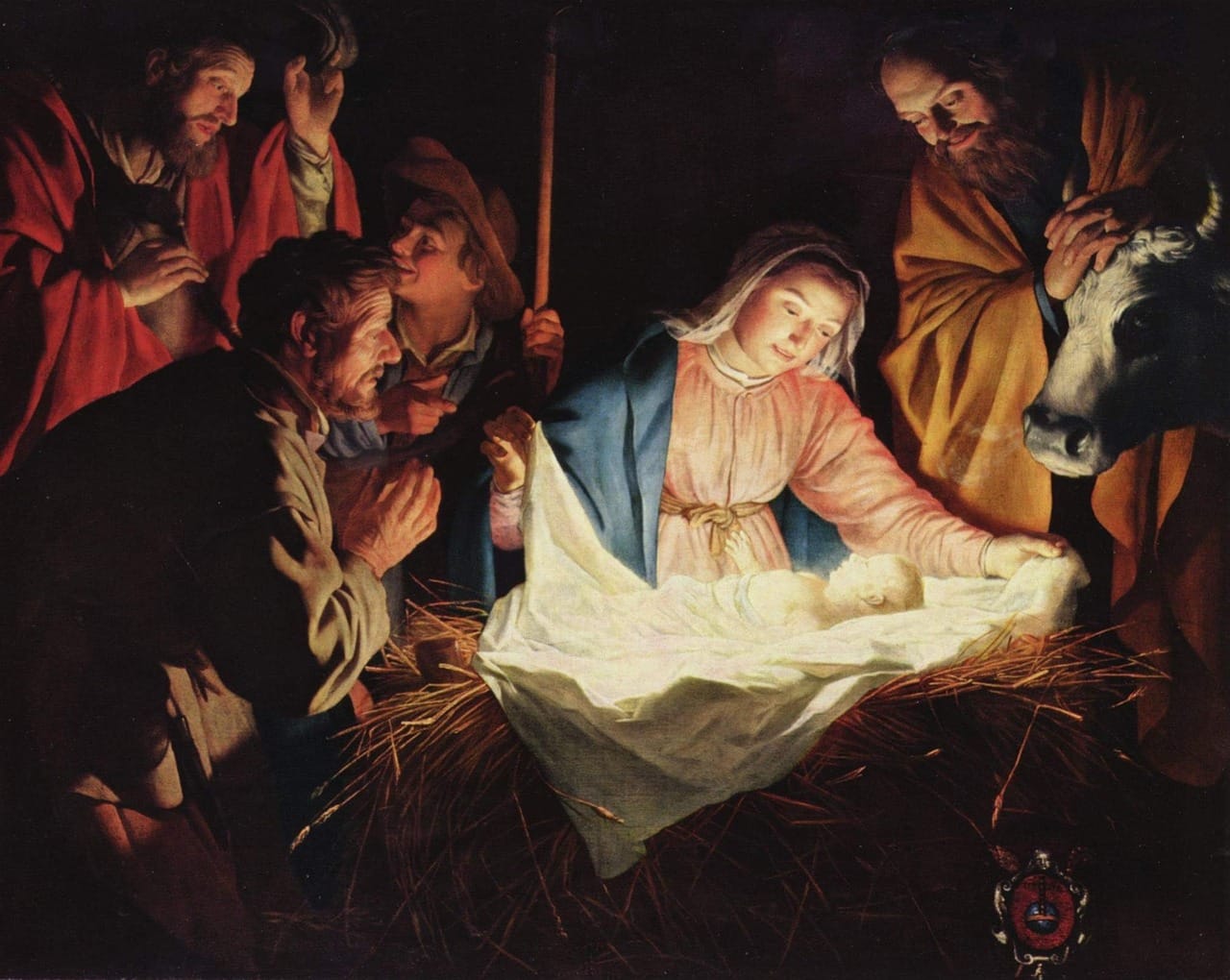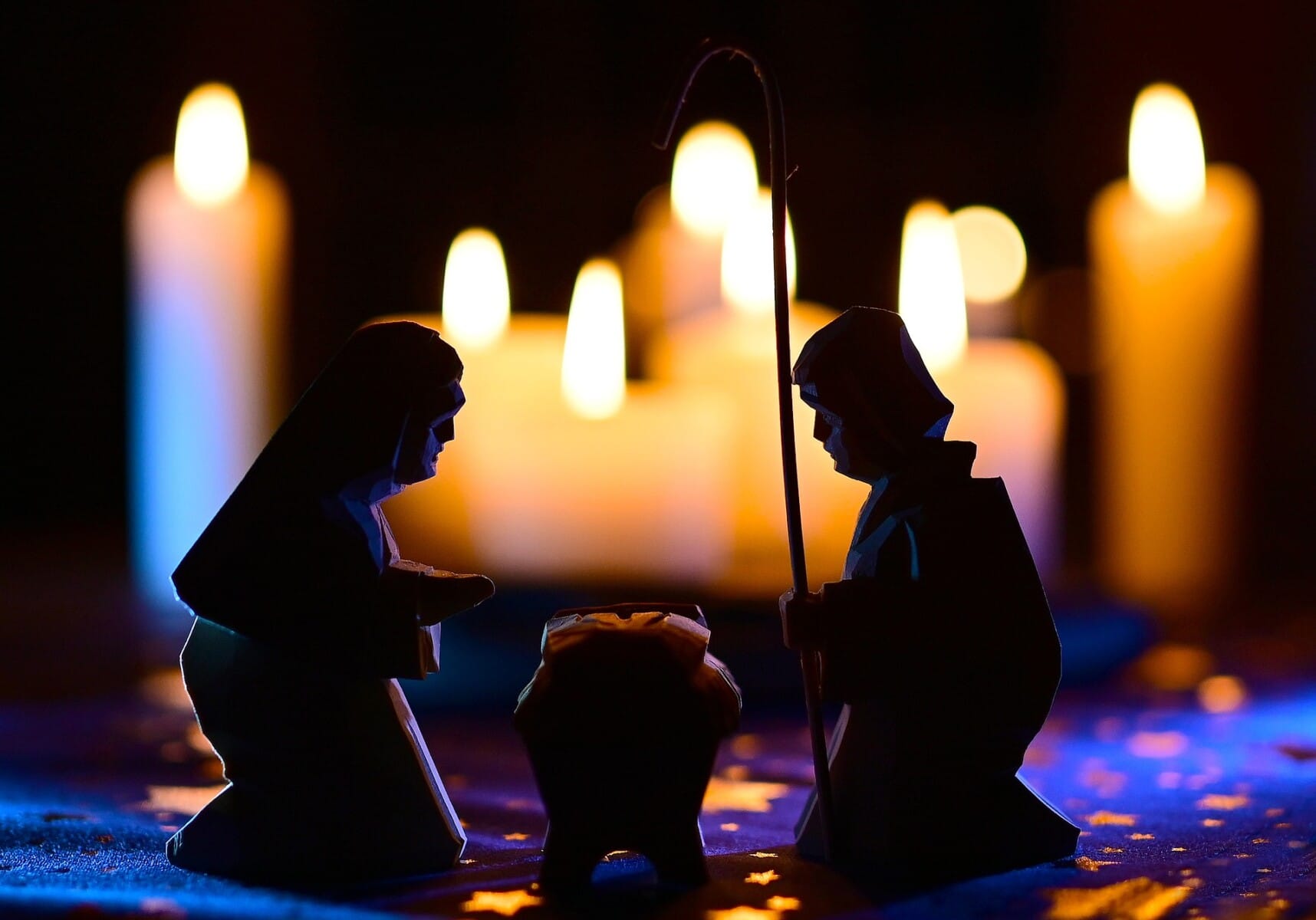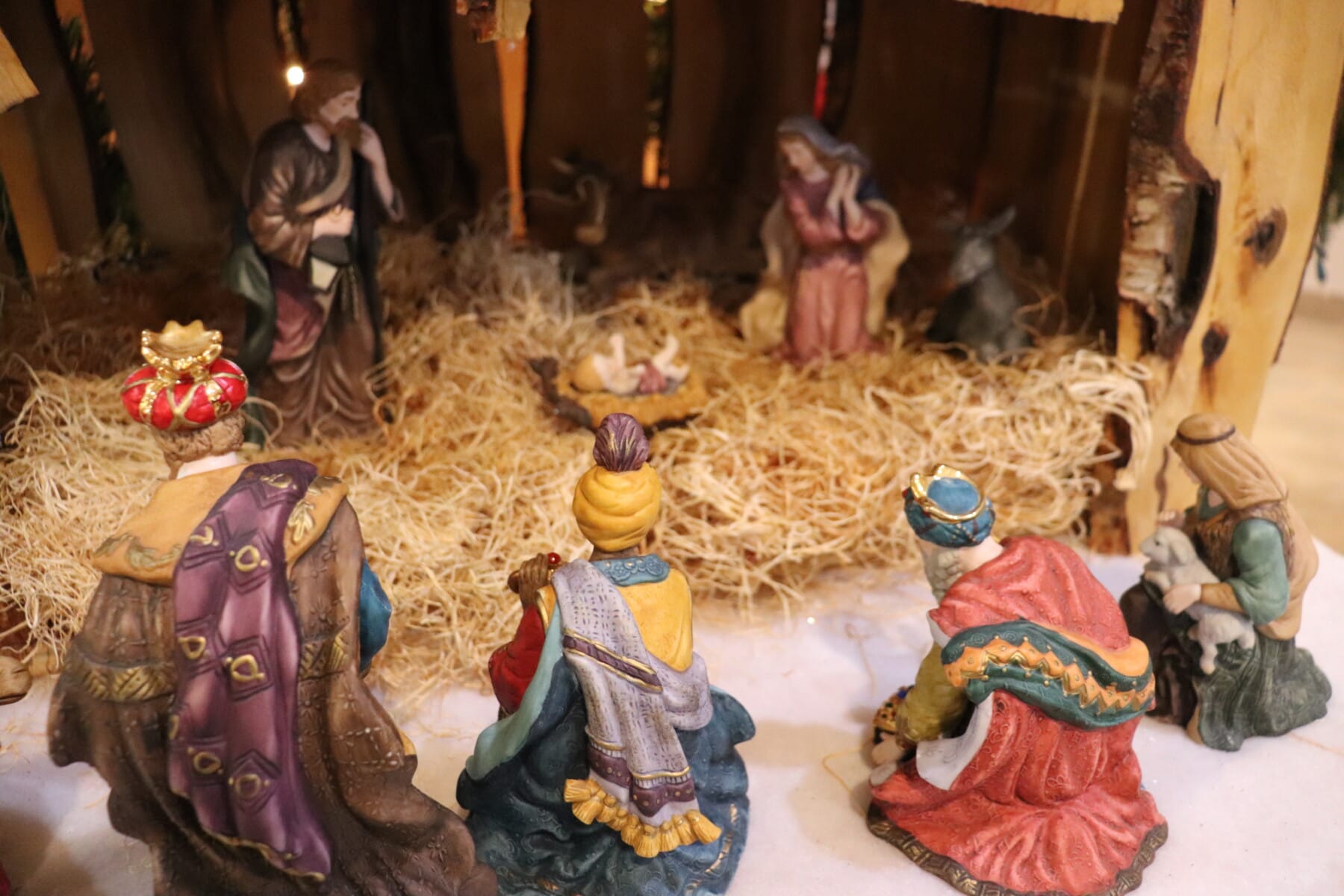
The other side of the Manger Journey
Sacramentum explores the sacraments of the Catholic Church – the depths of their meaning, history, and, above all, the impact they have on each of us in our daily faith lives. In this reflection, Rudy Jerome Mallannao pauses from our reflections on the sacraments to explore what the Nativity story can teach us about our own journey of faith, and how we can see the presence of God amidst life’s great trials.
We are all familiar with the story of the manger journey; it is one story that all Christians grow up hearing. We all know it as a story of Hope, Love, and a story of the beginning of our salvation.
This is all true, but, on the other side of the coin, this is also a story of frustrations, of injustice and a story full of stress and difficulties.
Tracing the significant moments in the Christmas Journey of Mary and Joseph we begin on the Story of the Annunciation. In Luke’s gospel (Luke 1:26-38) an angel appeared to a young Mary and announces that she was chosen to bear and be the mother of God. It is a great honor indeed, but during those times the repercussions of being found pregnant without a husband is tantamount to adultery and is punishable by death. So, Mary was basically put on the spot to either choose to be the mother of God and the possibility of being stoned to death or to just live a normal life with Joseph her fiancé away from all the possible stresses and threats.
The next plot to this journey is when Joseph learned of Mary’s Pregnancy (Matthew 1:18-25). Matthew tells the story when Joseph, a faithful and upright man, discovered his beloved fiancé was pregnant. If we were in Joseph’s shoes, how would we react if the love of our life would suddenly confess to us and say: “I am pregnant and you’re not the father. But don’t worry I became pregnant by the grace of God.” Human as we are, it is very hard to react the same way as what Joseph did, even if an angel ended up backing up Mary’s claim. It’s still very hard to put away all the feelings of betrayal, injustice, and anger.
The couple’s story of frustrations did not end there. During Mary’s pregnancy they were forced to go back to Bethlehem to be taxed/ registered as prescribed by the edict that was issued during that time. Talk about bad timing, of all the time to undertake a long journey it had to happen when Mary is pregnant.

The long and tiring journey to Bethlehem was filled with exhaustion and challenges for Mary and Joseph. They faced physical hardships, navigating difficult terrain and enduring long hours of travel. Emotionally, they dealt with uncertainty and anxiety about the future, unsure of what awaited them in Bethlehem. They didn’t have the same luxury that we enjoy at the present – they didn’t have a warm car with heated seats for the long journey.
The frustrations continued to pile up as, because of the great influx of people going to Bethlehem, all the lodgings, inns and rooms were filled to the brim. The couple faced rejection and scarcity as they desperately sought a safe place for the birth of Jesus. The lack of support and assistance from others added to their frustration, leaving them feeling isolated and overwhelmed.
Throughout their trek to Bethlehem, they encountered indifference and rejection, which only added to their mounting frustrations. The absence of empathy and aid from those around them must have been disheartening, causing them to question their situation and perhaps doubt their ability to bring their child into the world under such circumstances.
Having faced insurmountable stress, frustrations, feeling of isolation and rejection, the climax of the story found its setting in a humble manger (Luke 2: 6-7). Human as we are, we cannot fathom the level of frustration that Mary and Joseph might have felt seeing the lowly situation of Jesus’s birth. Instead of being born in a warm comfortable bed, Jesus was laid in a trough – where animals drink and eat. Instead of being surrounded by relatives apart from Mary and Joseph, Jesus was surrounded by farm animals. If we were to put ourselves in the couple’s situation, I would not be surprised if we would question God’s guidance and plans. Imagine the Son of God, the King of all kings, whose value far exceeded ours, being born in the lowliest place by any standard.
Looking at this story under the human lenses, I couldn’t wrap my heart around the fact that Mary or Joseph did not end up abandoning this mission from God. Why, despite all the frustrations and obstacles, did both of them still remain steadfast in faith and even recognize Jesus’ birth to a lowly manger as a working of God’s grace? As we all know, the struggle of the Holy Family did not end there. After a few weeks Joseph received a tip from an angel informing him that his son whom he accepted wholeheartedly and pledged to protect with his life was now in danger because a king (Herod) was too greedy for power, so they would have to escape Bethlehem and flee to Egypt (Matthew 2:13–23).

So what does this Manger Story have to do with our lives?
In Joseph and Mary’s story of frustration, injustice and stress, we can note three common traits at each stage of their journey: 1) A frustrating situation arises that Mary and Joseph are forced to deal with. 2) They are free to choose how to respond: they could either find someone to blame, give up, reject or accept the reality. 3) God is ever present; God always sends help.
Reflecting on this, many of us in our own trials may pause at the second trait. Very few of us recognizes that God intervenes, God is present, especially if we are experiencing our own “flight to Egypt” moments. For example, in sudden conflicts or in some long personal grievances that we can’t let go of, some will say: “It’s hard to forgive and forget” or “I was hurt, I won’t let this go.” We have forgotten that we are always free to respond to all the situations that life throws at us. Sometimes we find it hard to see that, like Joseph and Mary, God sends the necessary help and support in our trials. He journeys with us.
Throughout the journey of Mary and Joseph and the birth of Jesus, there was a profound sense of God’s guidance and protection. Despite the frustrations and challenges they faced; they were not alone. In the midst of their difficulties, they were able to recognize and experience the presence of God leading them.
We sometimes fail to see what reality is. We sometimes fall into the temptation of seeing the world based on our own subjective construction of reality, based on our expectations. This famous Advent story tells us to be open and to trust in God’s plan, even in times of great trial and frustration. Trusting in God’s plan and timing was a crucial lesson learned during Mary and Joseph’s journey to Bethlehem. Despite the difficulties they faced, they had faith that God had a purpose for their journey. This trust enabled them to endure the challenges and frustrations along the way. They recognized that God’s timing was perfect, as it led to the fulfillment of prophecies and the birth of Jesus, the awaited Messiah. By surrendering their own plans and relying on God, they experienced moments of grace and divine guidance throughout their journey. This taught them the importance of placing their trust in God and embracing His plan, even when it seemed uncertain or overwhelming.
The journey to Bethlehem challenges us to see the world in a different light. That struggles, pains, stress and suffering are part of our reality but not the sum of who we are. Trust in God’s timing and persevere in faith!